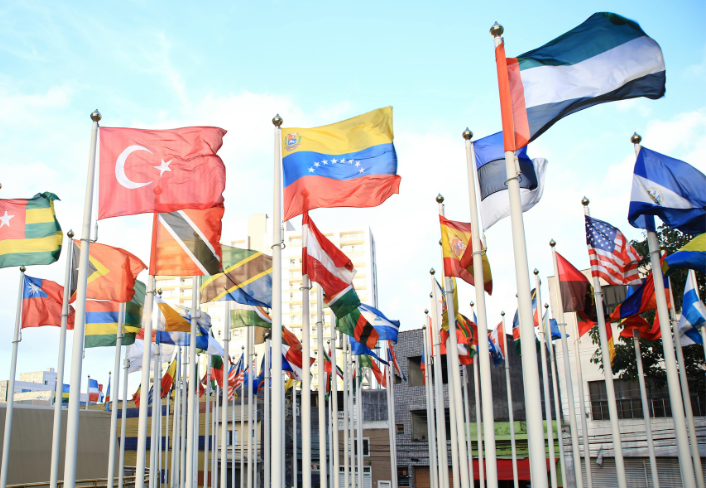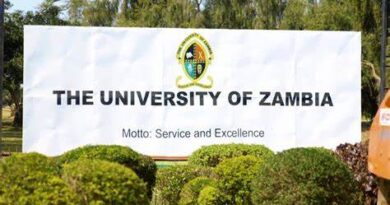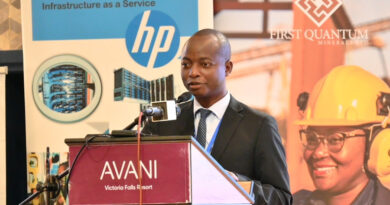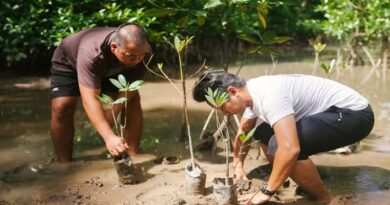FutureCoal CEO Calls for Balance in Global Energy Debate at National Press Club
Michelle Manook, CEO of FutureCoal, delivered a powerful and thought-provoking address at the National Press Club of Australia earlier this week, urging policymakers, industry leaders, and the public to restore balance to the global energy debate.
Titled “Thank You for Not Coaling”, her speech highlighted the dangers of oversimplifying coal’s role in modern energy systems and the need to consider the full spectrum of energy solutions. Drawing on her six years in a global leadership role, Manook criticised the tendency to frame energy policy as a moral test rather than a technical and economic discussion.
“Energy policy is in effect a purity test,” she said. “When accusations replace analysis, the conversation doesn’t just narrow, it collapses. Everyday citizens lose access to a full and honest public conversation.”
Manook clarified that FutureCoal is not a climate-denialist organisation. Its members work across mining, energy, technology, and renewable sectors, and are building an advanced coal ecosystem rather than defending outdated technologies.
She emphasised that coal remains essential not only for power generation but also for steel, cement, chemicals, fertilisers, and emerging industries such as critical minerals and advanced materials.
Modern coal technologies, she said, can reduce emissions significantly, and coal with carbon capture and storage (CCS) is already in operation in countries including China and Japan. FutureCoal, she added, provides an apolitical platform for dialogue between coal-producing and coal-consuming nations, focusing on reliability, affordability, and energy security rather than ideological slogans.
Manook criticised the global narrative that has sidelined coal, arguing that political messaging often replaced technical debate. She cited the Paris Agreement as technology-neutral, noting it never mandated a fossil fuel phase-out and supports multiple pathways including low-emissions coal, renewables, nuclear, and carbon removal technologies.
Highlighting the Australian context, she warned that rising electricity costs illustrate the consequences of prioritising ideology over engineering. “Electricity is the first domino in the cost-of-living chain,” she said, stressing that system costs increase when renewables are deployed without adequate storage, backup, and transmission.
Manook called for a shift towards “sustainomics,” a framework pioneered by Nobel laureate Mohan Munasinghe, which integrates environmental, economic, and social considerations. She said energy decisions must balance reliability, affordability, social trust, and economic resilience.
“Human adaptability has always been our greatest strength,” she said. “Sustainomics simply puts that adaptability at the centre of decision-making.”
Addressing coal’s broader industrial role, Manook pointed out that around 70 per cent of global steel production relies on coal and that the fuel is essential for cement, fertilisers, and emerging advanced materials.
She noted that Asia is modernising its coal fleet with low-emissions technologies, and argued that Australia, with its significant coal reserves, could adopt a similar approach.
In conclusion, Manook urged governments and industries to embrace pragmatism and technological neutrality in energy policy. “This is not an energy transition. This is energy addition. Energy technologies inclusion,” she said. “Progress is not measured by what we shut down but by what we build.”
Her address challenged policymakers to restore realism and expertise to the energy debate, advocating for a balanced approach that ensures economic prosperity, energy security, and environmental responsibility.



